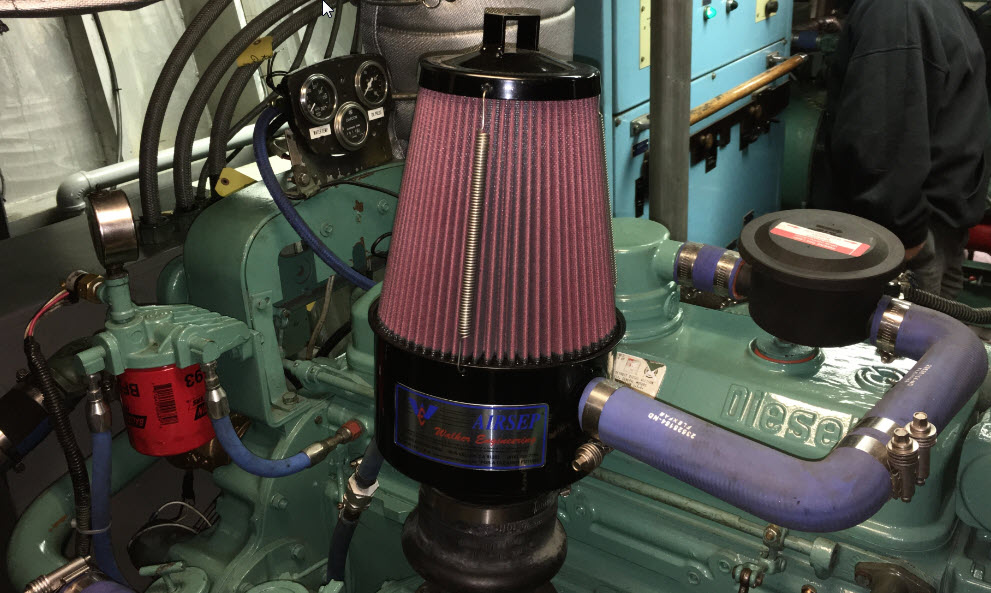Did anything else change? That sounds "fishy" to me. lol. Not disputing what you experienced, but here's my take. A better filter may allow you to gain more HP, but your props are spinning at a speed in proportion to your engine RPM. Your boat speed should depend on how fast your props are spinning, not how much horsepower it takes. So whether it takes 400 HP or 500 HP to spin your props at a given RPM, your props don't know the difference and your boat speed should be directly related to your prop speed and engine RPM. Sounds like something else was in play like wind or current or cleaner bottom or less weight on board (fuel and water etc).
Where an air filter would make a difference, if WOT got you to 3000 RPM and now gets you to 3100, that could mean you are now making more HP and able to spin the props faster. Similarly, if your GPH went down for the same RPM, your engines are now more efficient than before (i.e. using less fuel to create the same RPM because there is less air resistance from your filter allowing your engine to spin more freely)
I'm sure there are others who will tell me I'm all wet (pun intended again), so I'll look forward to feedback.


